More about: How to Get to the Paris Louvre
Paris would not be Paris without its magnificent Louvre Museum, an impressive museum and one of the largest of its kind in the world. The Louvre's collection of paintings spans from the Middle Ages to the mid-19th century.
Knowing how to get there after buying tickets to the Louvre Museum is essential, so in this post you'll learn about the different ways to get there. When it comes to the Louvre, there are two main things to know: the means of transport that will allow you to get there and the different doors or entrances to the museum. That said, let's get started!
How to get to the Louvre by metro
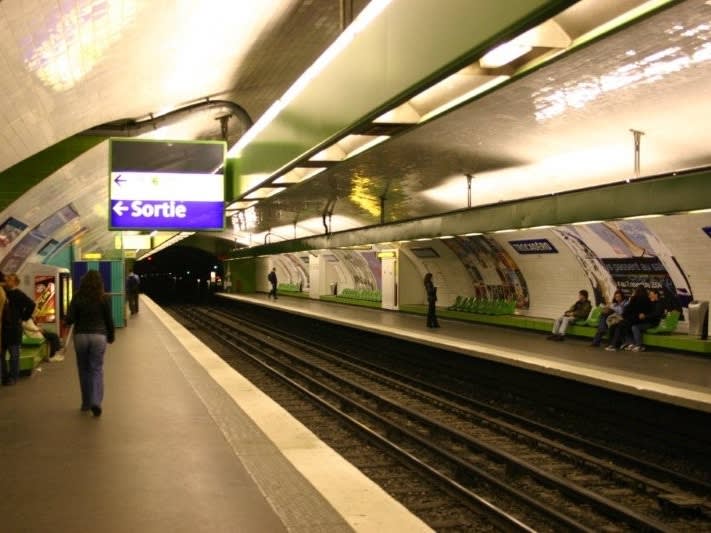
Going by metro to the Louvre Museum is one of the most recommended options, as it connects every point of the city in an enviable way. To get to the museum, just go to any metro station and get on line 1 or 7, both of which arrive at the Palais Royal-Musée du Louvre station.
Pyramidesen station on line 14 is also a good option, but you'll have to take a short 500-metre walk to get to the entrance of the museum, a walk you can take advantage of by seeing the Eiffel Tower from afar and watching the batbuses and cruise ships sailing along the Seine.
Paris Passholders will have the privilege of direct access to the museum from Palais Royal station.
How to get to the Louvre Museum by RER
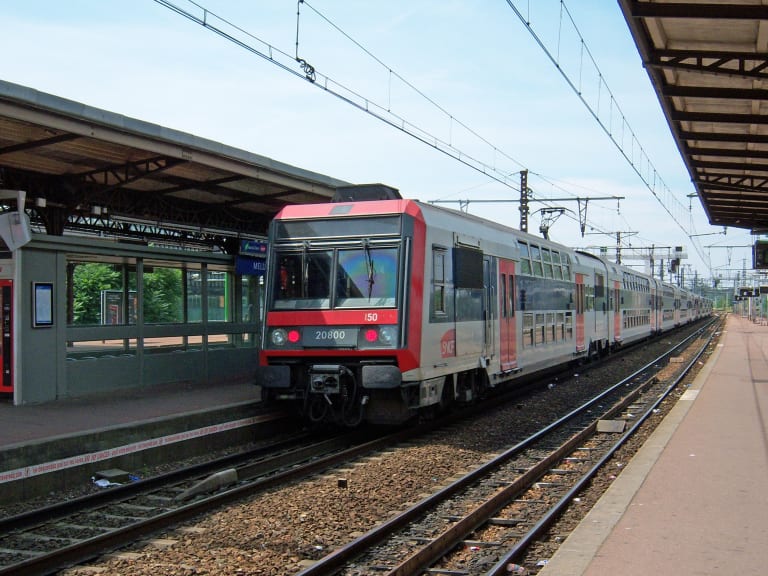
If you're at Paris airport or another point outside of the city, the smartest way to get to the Louvre is to use the RER (Paris suburban train system). In this case, take line C and stop at the Musée d'Orsay station, which is about 800m from the Pyramid of the museum.
This transport will also be useful if you are coming from the Palace of Versailles. This kind of "train" connects the ends of the city with the centre. For more information about this means of transport, visit this official website.
How to get to the Louvre Museum by Bus
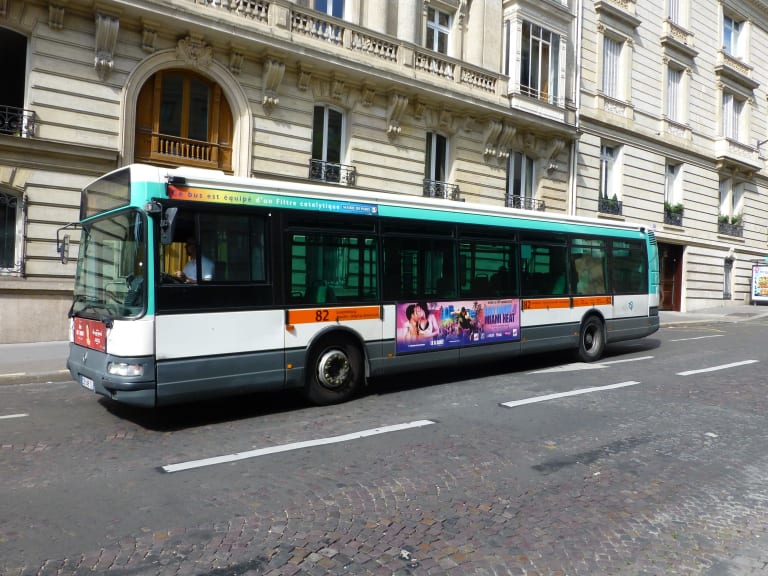
One of the advantages of travelling by bus after buying tickets to the Louvre Museum is that there are several lines that will take you directly to the entrance of the pyramid, so you can get there in the shortest possible time. The lines that pass near the museum are: 21, 24, 27, 39, 68, 69, 48, 72, 81 and 95.
Getting on the Paris tourist bus is not a bad idea either, as no matter which stop you get on it will take you directly to the entrance of the museum. On top of that, you'll be able to see some of the city's most emblematic sites along the way.
The most important stations are Place du Carrousel, which is just 100 metres from the entrance to the Pyramid, and Palais Royal Musée du Louvre, just 200 metres from the Pyramid. So pay close attention to the names of the stops.
How to get to the Louvre Museum by Batobus
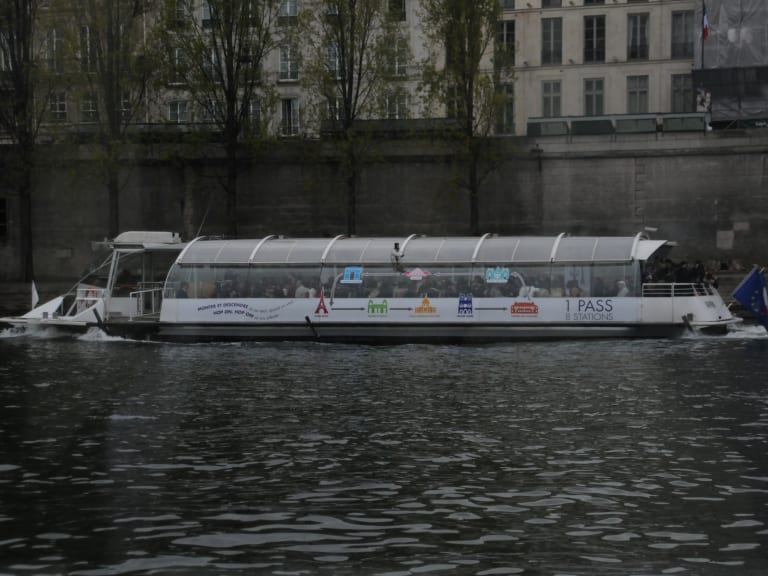
Itis not the most economical means of transport, as those who get on it do so more to enjoy the journey along the Seine River than to get to their destination. However, it could be useful for getting to the museum if you disembark at the "Louvre" stop on the François-Mitterrand quay.
The Louvre Batobus stop is halfway between the Pont Royal and the Pont du Carrousel, and you only have to walk about 300 metres to get to the Pyramid.
This means of transport offers unlimited use for a temporary period of 24 or 48 hours, and you can embark and disembark at any of its 9 stations.
How to get to the Louvre by bike

While it's true that not everyone likes to use this mode of transport, you should not forget that cycling is also an option (and a very economical one at that).
For this, the public bicycle rental service velib will be able to give you a hand, as I doubt very much that you will go to Paris with a bicycle. Average rental prices are around €5 for a 24-hour service and €20 for a 3-day service.
And if you're a fan of this mode of transport, you'll be pleased to know that you can book a bike tour of Paris to discover the city in a much more fun way.
The different entrances/doors of the Louvre Museum
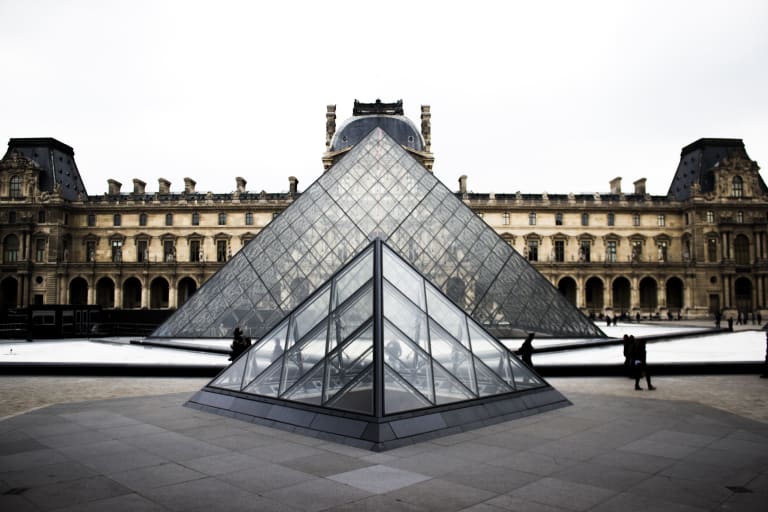
A museum that welcomes more than 8 million people annually cannot have just one entrance. This huge and famous museum has several entrances, each with its own conditions, characteristics and location.
Therefore, it is not only important to know the opening hours of the Louvre Museum, but also which door to enter through after buying tickets for the Louvre Museum.
Carrousel du Louvre, the quickest way in
Carrousel du Louvre is perhaps the best entrance to the Louvre, as it has the shortest waiting times.
The Carrousel is an underground entrance that connects the museum with the shopping centre and its large selection of shops near the Louvre and restaurants in the vicinity of the Louvre.
The entrance to the Carrousel du Louvre is located at 99 rue de Rivoli. You can access the Carrousel du Louvre from the Palais Royal-Musée du Louvre metro station on lines 1 and 7, or walk directly along Rue de Rivoli.
The Pyramid, the busiest entrance
The Pyramid is the main entrance to the Louvre and also the busiest entry point. If you are going to enter through this entrance, I recommend more than ever to buy tickets for the Louvre Museum in advance, otherwise you may have to wait for a long time (up to 3 hours perfectly).
Even with a ticket bought in advance you may have to wait a long time. So if you are determined to see the pyramid, I recommend taking a quick stroll through the palace courtyard and taking a photo in front of the striking glass entrance before heading to another, less crowded entry point.
There are four different entrance lines at the Crystal Pyramid with different colours:
- Yellow line: for visitors with special passes, such as annual visitor cards or tourist cards.
- Orange line: for visitors without a ticket (it would be good to know the entrance fees to the museum beforehand).
- Green line: for visitors with tickets with a specific time slot.
- Blue Line: for visitors with disabilities, pregnant women or visitors with mobility problems.
Porte des Lions, the hidden entrance
Apart from the Carrousel du Louvre, the Porte des Lions entrance to the Louvre is probably one of the best options to avoid long waiting times. It is also the closest entrance to the Mona Lisa, so if you plan to focus your visit to the Louvre around Da Vinci's mysterious lady, this entrance is the one for you.
The fact that it is a little-known entrance is mainly due to its appearance and location. It has nothing to do with the precious crystals that make up the pyramid of the main entrance. So, if your intention is not to take a photo of the pyramid, but to get in as soon as possible, I recommend this door.
The Porte des Lions Louvre entrance is at the southern end of the museum, the same one that runs parallel to the Seine, and leads directly to the sculpture section.
Porte de Richelieu, the option for groups
Entry to the Louvre at Porte de Richelieu is reserved for tour groups or for Louvre visitors with membership passes.
If neither of these categories apply to you, then you will need to choose a different ticket to access the museum. If this is your case, note that the entrance is located on the Passage Richelieu, the avenue north of the pyramid that connects the courtyard of the palace with Rue de Rivoli.
If you want to take a group tour of the Louvre, you can book spaces on the Louvre's official website. You will have the option of taking a tour of the Louvre with an official Louvre tour guide or you can hire your own and reserve a time slot to visit the museum.
Tips before entering the Louvre Museum
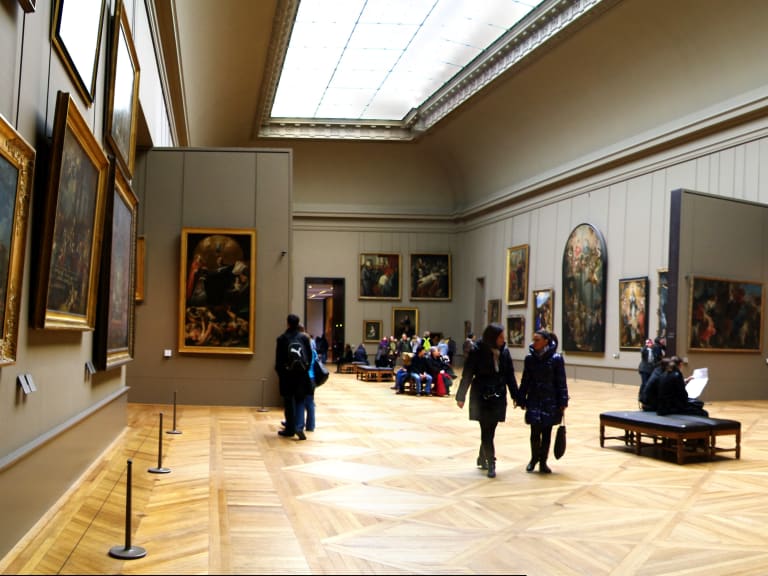
-
Don't enter the Louvre through the Pyramid entrance! If you want to take photos of the Pyramid, leave the museum through this entrance, but don't enter through the Pyramid entrance - there are almost always people at the entrance and the queues are extremely long!
-
Before entering the museum, research the location of the work(s) you are interested in. The museum is immense and it's all too easy to get lost among so many distractions, rooms, paintings, sculptures... Not to mention if you go to the museum during rush hour or in the summer in Paris.
-
Get a map of the Louvre so you know where each work is located and which entrance to enter.
-
It's also smart to have a guided tour of the Louvre, so that your time is optimised and the quality of the visit is enhanced. Plus, you probably won't have to wait in line as long - Don't walk. The Louvre is huge and you will spend a lot of time standing and walking between its huge halls, so it is wiser to arrive rested and energised.




